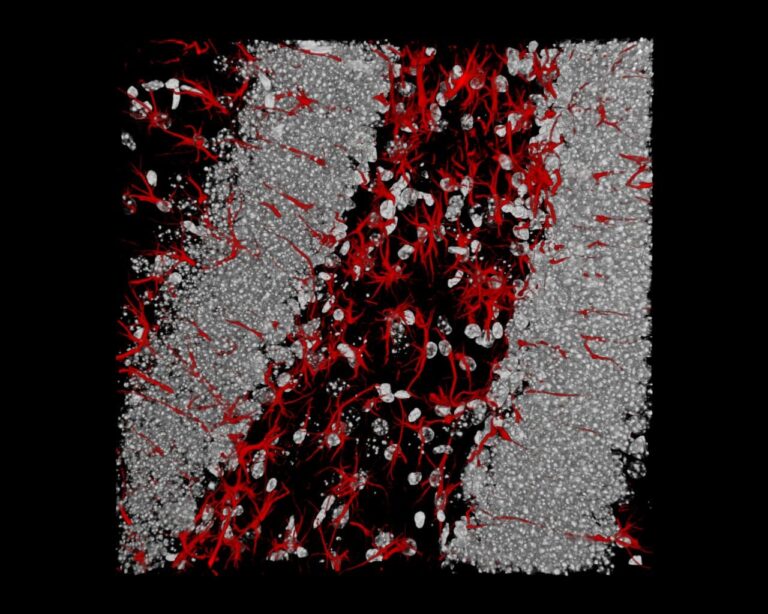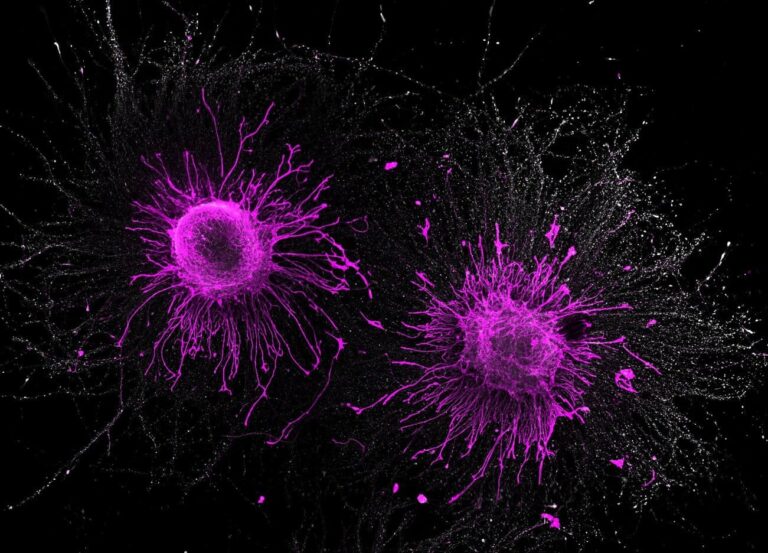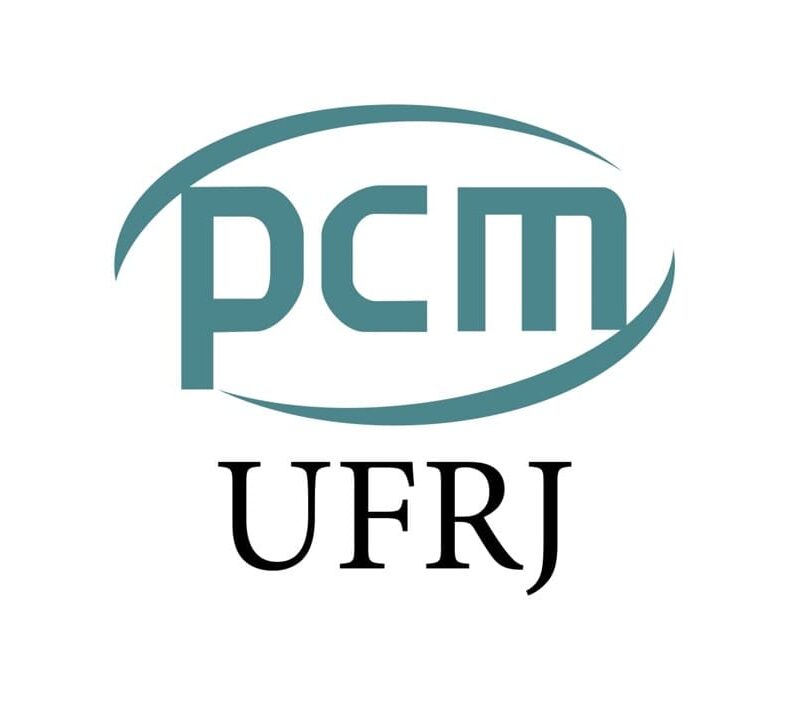About the PCM
Introduction
The Postgraduate Program in Morphological Sciences (PCM) establishes as its mission: "To act in the training of highly qualified personnel for the development of research in the area of Morphological Sciences, thus contributing to the scientific and technological advancement of society". In this context, Morphological Sciences are understood in their broadest and most comprehensive aspect, covering from the classic macroscopic anatomical studies (once only on cadaveric parts or histological preparations, today with the aid of sophisticated imaging techniques) to the examination of the shape of a macromolecule with the advanced use of microscopy and nuclear magnetic resonance techniques.


The masrter/graduate student who joins the PCM chooses to develop research in one of our six areas of concentration: Basic and Clinical Anatomy, Cellular Biology, Developmental Biology, Tissue Biology, Basic and Clinical Neurosciences, and Pathology, and several projects present great overlap and interface between these areas, characterizing multidisciplinary research. Based on the choice of area, the student chooses from a range of elective subjects to enrich their training. In addition to the regular disciplines, PCM students have the opportunity to participate in other innovative training experiences, such as participating in the organization of scientific events and working in the setting up of the PCM Summer Courses and assisting as a teaching assistant in setting up and offering undergraduate courses in biomedical sciences.
Coordination Commitee of PCM (2023-2024)
Coordinator
Flavia Regina Souza Lima
Vice Coordinator
Julia Helena Rosauro Clarke
Coordinator Comitee
Joice Stipursky Silva
Luciana Ferreira Romão
Leandro Miranda Alves
Felipe Leite de Oliveira
Rodrigo Alves Portela Martins
